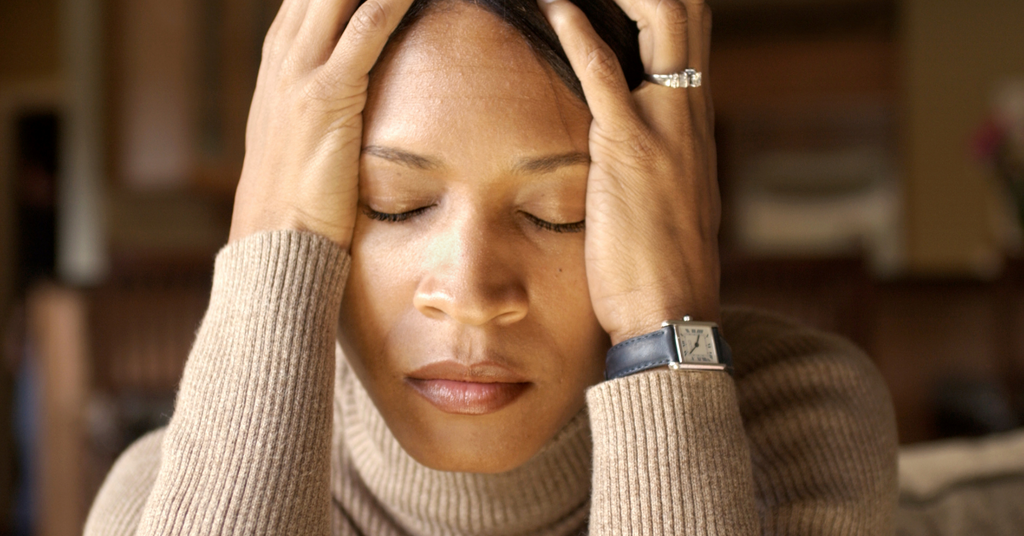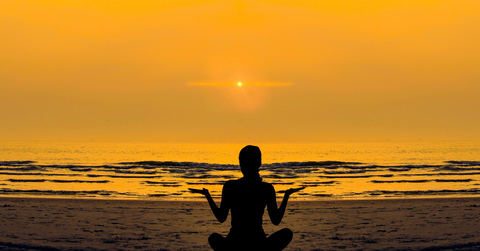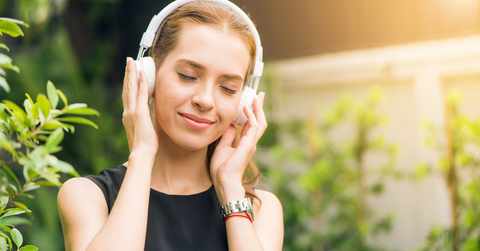Are You Really Relaxing?

Is relaxing just another task on your to-do list that’s difficult to get to? I get it. Most of the time, the world we live in doesn’t exactly promote a sense of chill. Rather, it’s do more, do it faster, get ‘er done – and never feeling like we’re caught up. Simply put, our society values prioritizing work and productivity over relaxation. That’s why we tend to look favorably on those of us who can do it all, even when we sacrifice our sleep in the process. Prior to Covid, you may have even received a high five for toughing it out and working with a sore throat and low-grade fever. And many of us can only feel good about relaxing after we’ve “earned it” with hard work.
What Is Relaxation?
When we’re stressed, our sympathetic nerve system jumps into action and releases hormones called catecholamines that speed up the heart and cause a fight or flight response. This was useful to our long-ago ancestors who regularly encountered physical danger and counted on this phenomenon for survival. In today’s world, the sympathetic nerve system is activated by the stress that comes from living in a hectic world where many of us are overbooked and face relentless demands on our time and have unrealistic expectations about what one person can accomplish in a day.
Once the threat was gone and our prehistoric counterparts felt safe, the parasympathetic nerve system (PNS) took over and released another hormone – acetylcholine – slowing the heart back down. You and I activate the PNS when we relax.
So two things are true: it’s important to learn how to relax (for real) and we need to embrace the practice as part of our self-care regimen. 
The Real Deal Benefits of Relaxation
Because our body’s reaction to relaxation causes the heart to slow down, blood pressure is lowered, decreasing the risk of heart disease. But the benefits of relaxation don't stop there. Here are some more physical perks when you learn to relax:
- Stronger Immune System
- Better Sleep
- Increased Energy
- Decreased Pain
- Better digestion
- Slower breathing
- Relaxed muscles
- Improved blood sugar control
There are also benefits that transcend the physical:
- Better Memory
- Expanded Motivation
- Enhanced Creativity
- Better Relationships
- Happier

I Don’t Have Time To Relax
I went to WebMD for a list of negative impacts that stress can cause:
- Headaches
- Upset stomach
- Elevated blood pressure
- Chest pain
- Problems sleeping
- Can play a part in conditions such as diabetes, skin conditions, asthma, arthritis, depression, and anxiety
Stress is no joke and the result can be physically and emotionally devastating. Again, according to WebMD, 43% of all adults suffer some kind of adverse health effects because of stress. They also say that anywhere from 75% to 90% of all doctor office visits are for stress-related issues. And, according to OSHA, stress costs American industry over $300 billion per year. Billion with a B!
Those are some huge numbers that mean that many, if not most, people need to learn and practice the antidote for stress: relaxation.
Make the Time
“The difficulty with telling yourself to relax when you’re feeling anxious is that the bodily symptoms and mental symptoms of relaxation are the opposite of those of stress and anxiety.”
– Ian Robertson, Ph.D.
(Professor emeritus Trinity College Institute of Neuroscience in
Dublin, Ireland)
If you’re binge-watching Netflix, it doesn’t count as relaxation if you feel guilt and shame while you’re doing it. Reacting to your phone and worrying about what you really should be doing during your down time? Nope. Doesn’t count. Real relaxation – the kind that results in mental and physical benefits – means you’ve disconnected from stressors that activate your sympathetic nerve system. It means that you’ve decided to be intentional about your relax time.
When it comes to relaxing, one size does not fit all. If you’re into yoga and/or t’ai chi, you’re in luck, because they’re perfect for healthy relaxation. Not your thing? That’s okay – there are many ways to get in the zone. Some people feel relaxed when they engage in physical activity like walking or running. Others need music to help them tune in to relaxation. Lots of us start the process with a hot bath and many people have found profound relief through meditation. The important thing is to fully accept relaxation as a vital component of your self-care and to figure out what works for you.
LINKS TO RESOURCES
If you'd like to find out more about meditation, I've included a
link to 10% Happier. There's a podcast, newsletter and
membership with perks like access to world-class teachers,
lots of guided meditations, ad-free podcast and more.
There's also a free version where you can learn the basics, get
daily reminders, and benefit from stats and performance tracking.
The paid version is less than $10 per month.
Here's the link: 10% Happier
Here are some more links to get to detailed information from the experts about reducing stress through relaxation:
Stress: 10 Ways to Ease Stress
Feel like you could use some help from a therapist?
Here’s a good place to find one:
GoodTherapy
Sources
Self, 11 Tips For Anyone Who Doesn’t Know How To Relax, Anna Borges, August 20, 2020
Chopra, 10 Incredible Things That Happen To Your Body When You Relax, Erin Easterly, September 7, 2019
Real Simple, Why You Should Stop Trying To Relax All the Time, Laura Schocker, February 1, 2018
WebMD, What Happens To Your Body When You Relax, Medically reviewed by Hansa D. Bhargava, M.D., August 25, 2020
Psych Central, When You Can’t Relax: 7 Tips to Try, Margarita Tartakovsky, medically reviewed by Scientific Advisory Board, March 16, 2016
WebMD, The Effects of Stress on Your Body, Medically reviewed by: Smitha Bhandari, M.D., December 8, 2021


Leave a comment